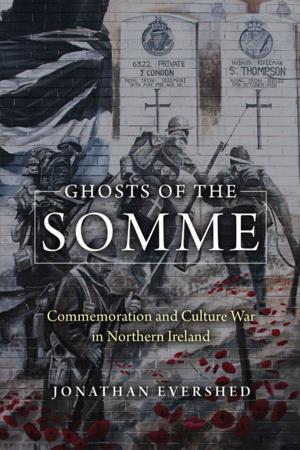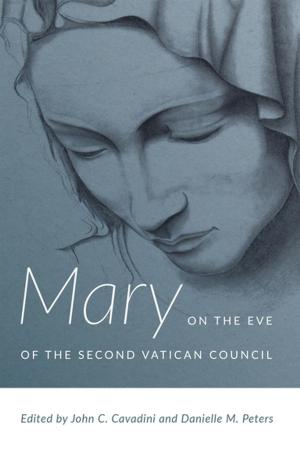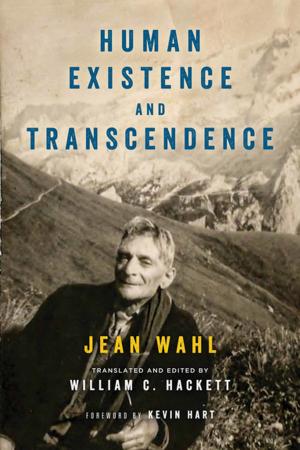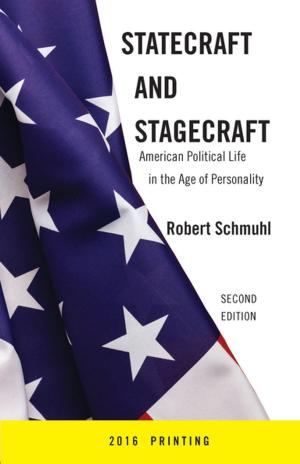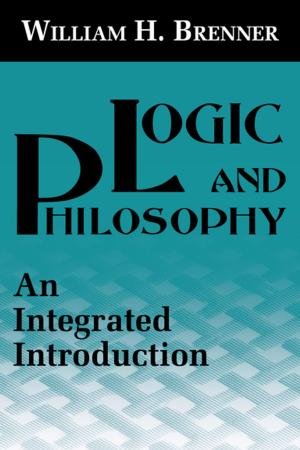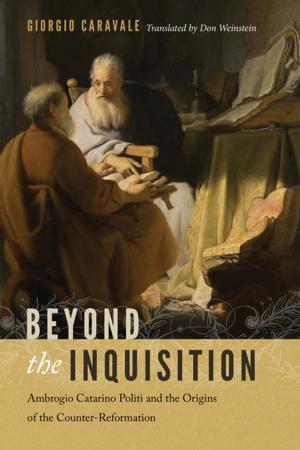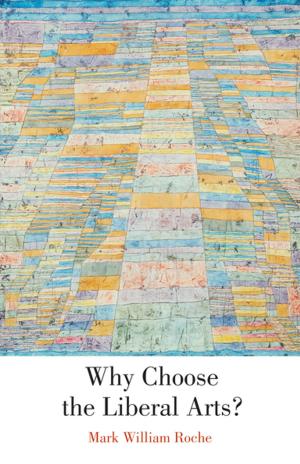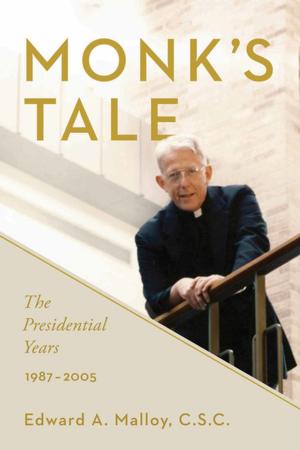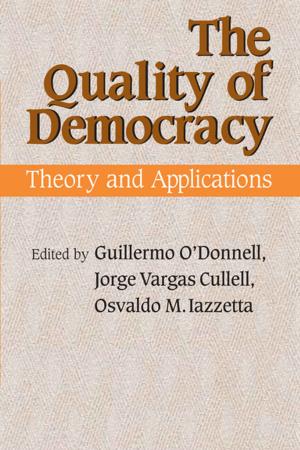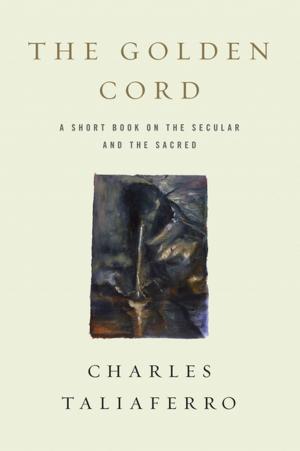"The Soul Exceeds Its Circumstances"
The Later Poetry of Seamus Heaney
Fiction & Literature, Literary Theory & Criticism, Poetry History & Criticism, British, Poetry, British & Irish| Author: | ISBN: | 9780268100230 | |
| Publisher: | University of Notre Dame Press | Publication: | November 15, 2016 |
| Imprint: | University of Notre Dame Press | Language: | English |
| Author: | |
| ISBN: | 9780268100230 |
| Publisher: | University of Notre Dame Press |
| Publication: | November 15, 2016 |
| Imprint: | University of Notre Dame Press |
| Language: | English |
The Soul Exceeds its Circumstances brings together sixteen of the most prominent scholars who have written on Seamus Heaney to examine the Nobel Prize winner’s later poetry from a variety of critical and theoretical perspectives. While a great deal of attention has been devoted to Heaney’s early and middle poems—the Bog Poems in particular—this book focuses on the poetry collected in Heaney's Seeing Things (1991), The Spirit Level (1996), Electric Light (2001), District and Circle (2006), and Human Chain (2010) as a thematically connected set of writings. The starting point of the essays in this collection is that these later poems can be grouped in terms of style, theme, approach, and intertextuality. They develop themes that were apparent in Heaney’s earlier work, but they also break with these themes and address issues that are radically different from those of the earlier collections. The essays are divided into five sections, focusing on ideas of death, the later style, translation and transnational poetics, luminous things and gifts, and usual and unusual spaces. A number of the contributors see Heaney as stressing the literary over the actual and as always looking at the interstices and positions of liminality and complexity. His use of literary references in his later poetry exemplifies his search for literary avatars against whom he can test his own ideas and with whom he can enter into an aesthetic and ethical dialogue. The essayists cover a great deal of Heaney’s debts to classical and modern literature—in the original languages and in translations—and demonstrate the degree to which the streets on which Heaney walked and wrote were two-way: he was influenced by Virgil, Petrarch, Milosz, Wordsworth, Keats, Rilke, and others and, in turn, had an impact on contemporary poets. This remarkable collection will appeal to scholars and literary critics, undergraduates as well as graduate students, and to the many general readers of Heaney's poetry.
The Soul Exceeds its Circumstances brings together sixteen of the most prominent scholars who have written on Seamus Heaney to examine the Nobel Prize winner’s later poetry from a variety of critical and theoretical perspectives. While a great deal of attention has been devoted to Heaney’s early and middle poems—the Bog Poems in particular—this book focuses on the poetry collected in Heaney's Seeing Things (1991), The Spirit Level (1996), Electric Light (2001), District and Circle (2006), and Human Chain (2010) as a thematically connected set of writings. The starting point of the essays in this collection is that these later poems can be grouped in terms of style, theme, approach, and intertextuality. They develop themes that were apparent in Heaney’s earlier work, but they also break with these themes and address issues that are radically different from those of the earlier collections. The essays are divided into five sections, focusing on ideas of death, the later style, translation and transnational poetics, luminous things and gifts, and usual and unusual spaces. A number of the contributors see Heaney as stressing the literary over the actual and as always looking at the interstices and positions of liminality and complexity. His use of literary references in his later poetry exemplifies his search for literary avatars against whom he can test his own ideas and with whom he can enter into an aesthetic and ethical dialogue. The essayists cover a great deal of Heaney’s debts to classical and modern literature—in the original languages and in translations—and demonstrate the degree to which the streets on which Heaney walked and wrote were two-way: he was influenced by Virgil, Petrarch, Milosz, Wordsworth, Keats, Rilke, and others and, in turn, had an impact on contemporary poets. This remarkable collection will appeal to scholars and literary critics, undergraduates as well as graduate students, and to the many general readers of Heaney's poetry.

